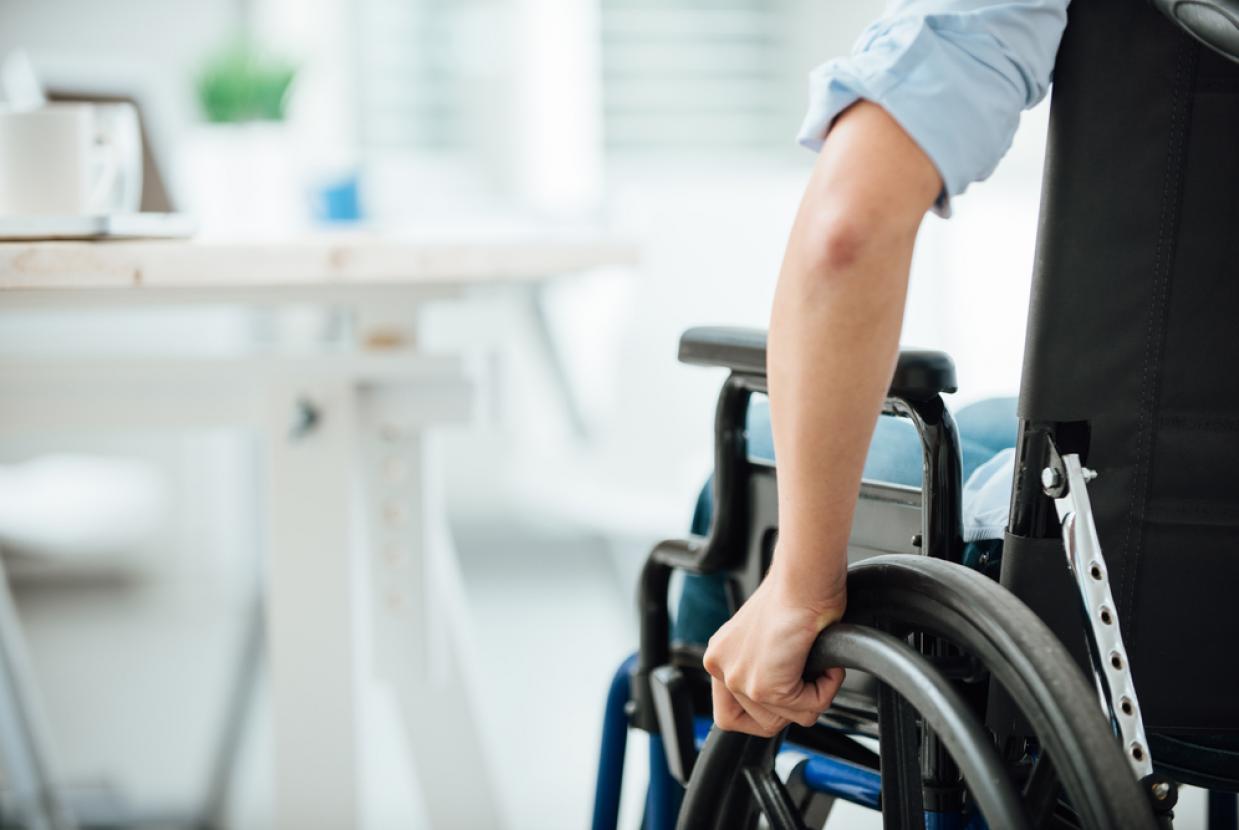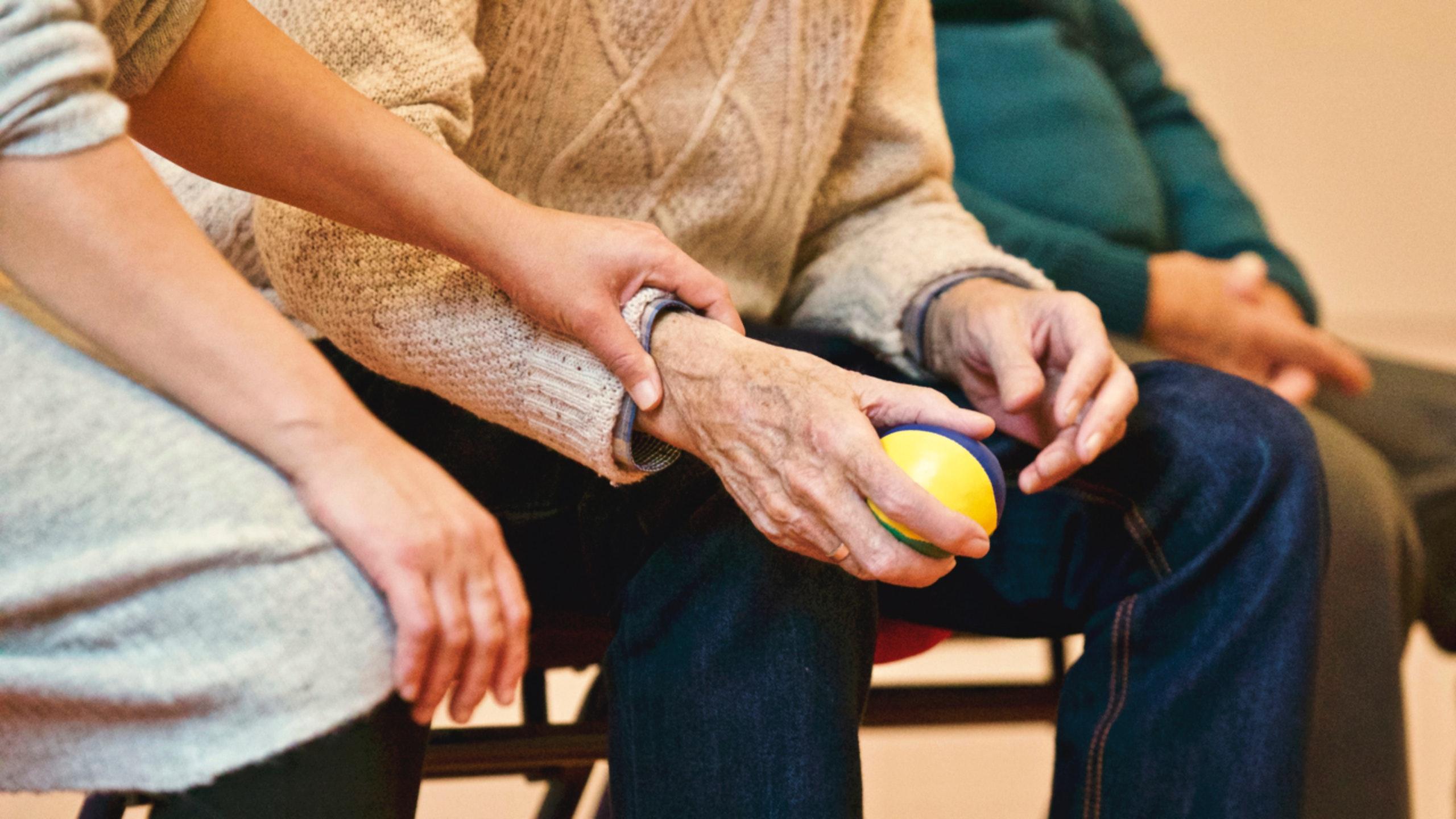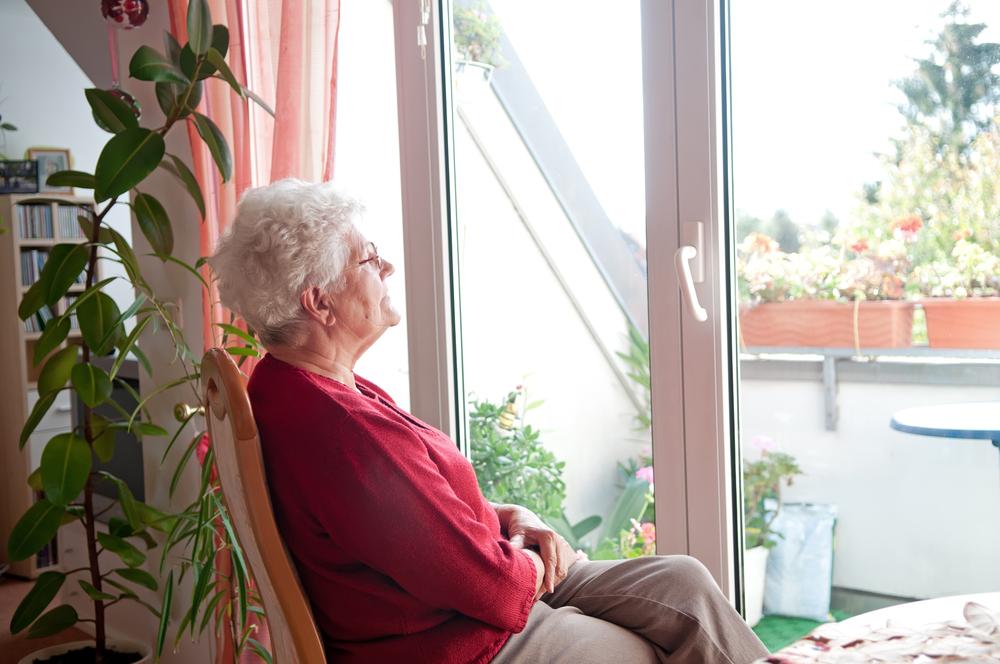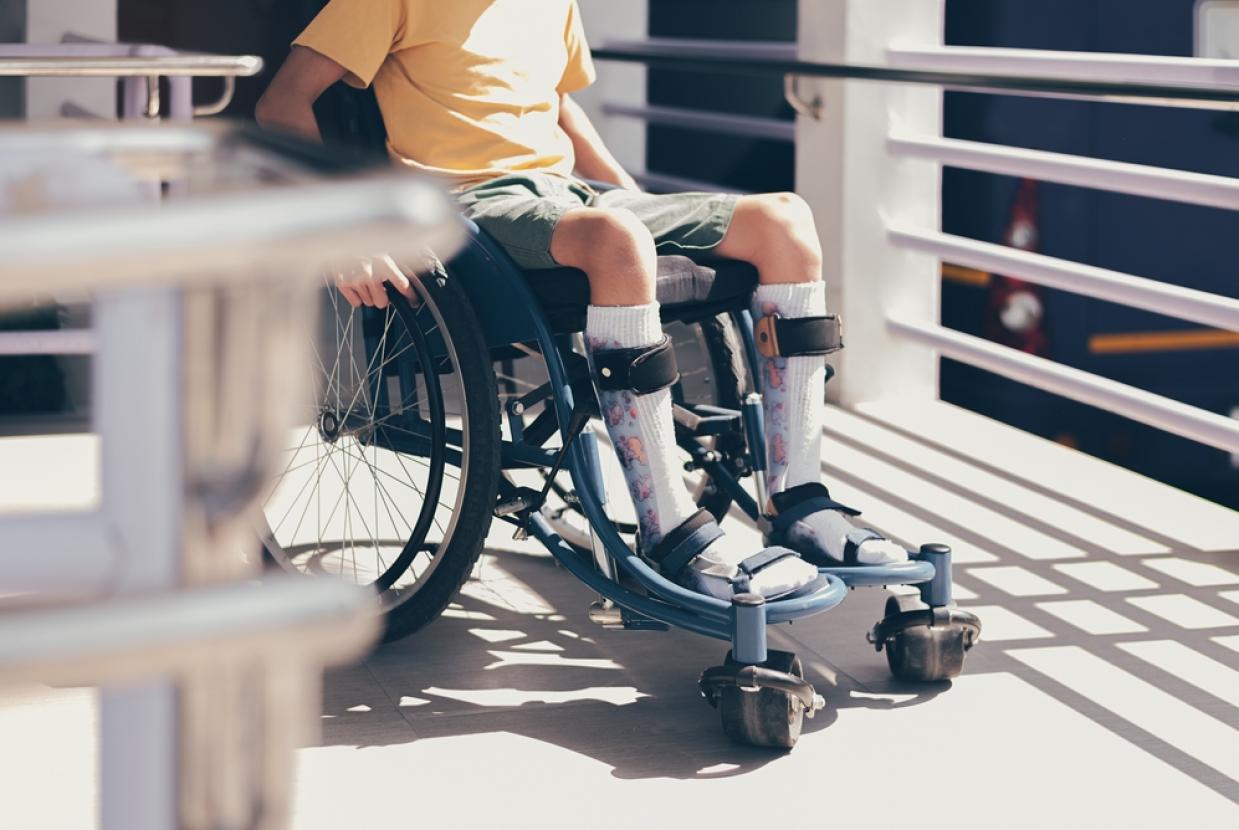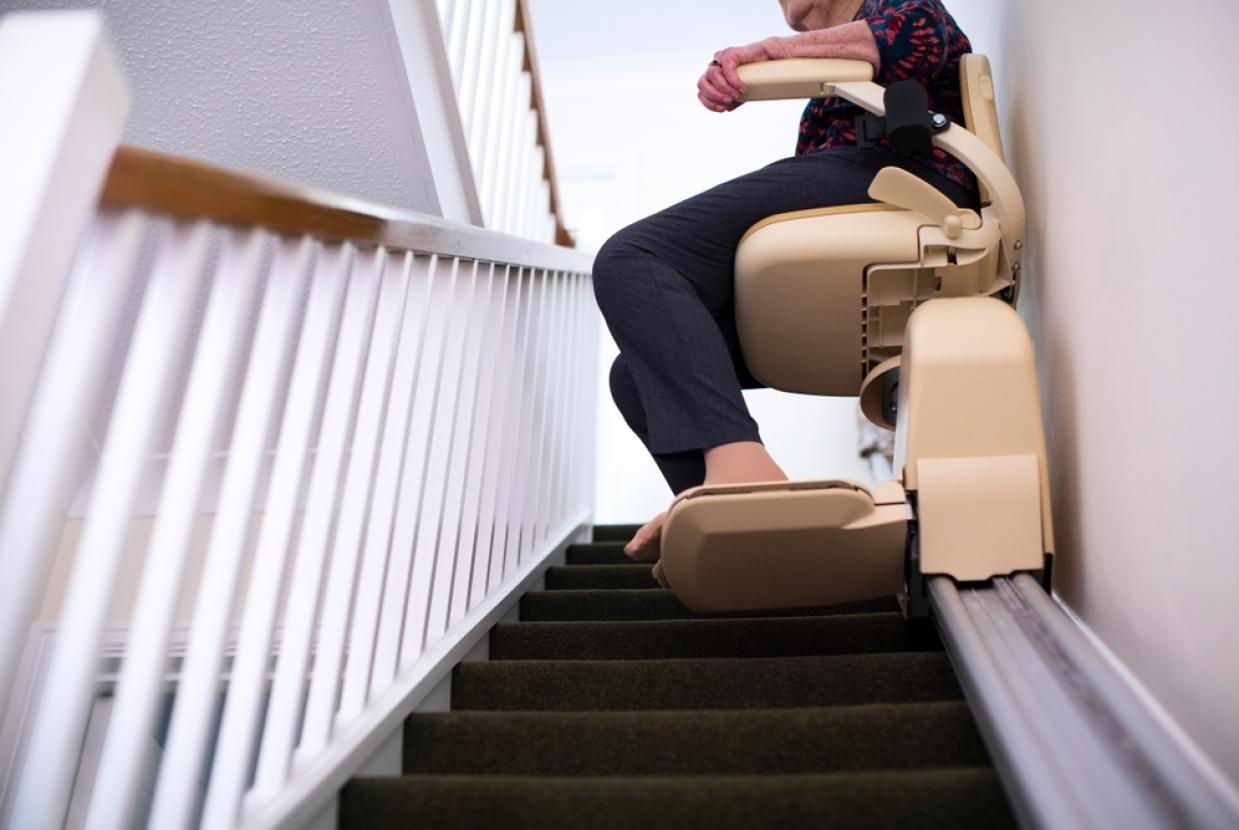Medicines
Managing medicines for someone can be a challenge, particularly if they're taking several different types. Although the person you care for may appreciate your support with their medicines, bear in mind that they have a right to confidentiality.
It's up to them to decide how much of their health and medicines information is available to you as their carer, and how much you should be involved in their care.
How to give pills correctly
Make sure you give medicines at the right time of day. If you give them at the wrong time, it could stop them working properly.
Make sure you know if the medicines should be taken with food or in between meals. Again, if you give them incorrectly, it could stop the medicine working properly or cause side effects.
Dosette boxes
If the person you care for has a complicated medication regime with different pills taken at different times of the day, a pharmacist may decide to provide them in dosette boxes.
These are plastic boxes with small compartments that clearly show which pills need to be taken at what time of day.
Dosette boxes are not always available for free on the NHS and they’re not suitable for every type of medicine. Ask your pharmacist for more information about dosette boxes if you think they could be helpful.
Ask for a medicines use review
If the person you care for is taking more than one medicine and has a long-term health condition, such as arthritis or diabetes, they can get a free medicines use review with their pharmacist.
This is a chance to talk to the pharmacist in confidence about any problems they're having with their medicines. Try to attend the medicines use review with the person you look after. It'll help you to make sure they take the correct medicines in the right doses and at the right times.
Keep medicines organised
Make sure medicines are all kept in one place in the home, preferably in a locked cupboard or drawer. This is particularly important if children live in or visit the house.
Also, make sure repeat prescriptions are dispensed in time so the person you look after doesn't run out of medicine.
If you spend a lot of time fetching prescriptions from the GP and picking up medicines from the pharmacy, ask the GP surgery if they can send prescriptions directly to the pharmacy.
Some pharmacists also offer home delivery services for people who find it difficult to get out of the house.
Medicines safety tips
To make medicines safer:
- be aware that over-the-counter medicines shouldn't be taken with prescribed medicines unless a doctor or pharmacist has confirmed it's safe to do so
- be aware that if a dose of the medicine is missed, it's dangerous to take a double dose later on to make up for it
- return any leftover medicines to the pharmacist for safe disposal
If they often forget to take their medicines
If the person you care for keeps forgetting to take their medicine, there are several ways you can help:
- telephone them when they need to take their medicine to remind them
- arrange for any care workers to visit at the same time that they're meant to take their medicines
- get them an automatic pill dispenser – this beeps when it's time to take the medicine and a small opening allows access to the correct pills at the right time
Ask the pharmacist for advice on other ways to remember medicines.
If they refuse to take their medicines
If, for some reason, the person you care for is unwilling to take their medicines, talk to their GP or pharmacist.
They may be able to suggest a form of the medicine that's more acceptable than tablets. Some painkillers, for example, can be prescribed as a long-acting patch that you stick on the skin.
Never give medicine to someone without their consent or try to force them to take it. People have the right to refuse medication.
Check with their doctor or pharmacist before you crush tablets or open capsules and mix the powder with food or drink. It's not always safe to do this.
Help with swallowing difficulties
Some people need help to swallow pills. If you're worried the person you care for could choke, or they're refusing to take their medicine, ask your GP or pharmacist if it can be supplied in a soluble or liquid form.




